PCP Addiction Treatment: Withdrawal, Detox, and Recovery
GET HELP TODAY!
100% Confidentiality Guaranteed


PCP Addiction: What You Need to Know at a Glance
Highly Dangerous Dissociative Drug – PCP (phencyclidine) is a potent dissociative hallucinogen, once an anesthetic but discontinued due to severe side effects like agitation and violent behavior.
Multiple Forms & Exposure Risks – Often illicitly produced and available as tablets, capsules, or powder; can be smoked (often laced on other substances), snorted, ingested, or injected.
Wide-Ranging Physical and Psychological Harm – Effects include hallucinations, paranoia, confusion, motor impairment, elevated heart rate, convulsions, and possibly coma or death; long-term use may cause memory loss, speech issues, psychosis, and suicidal thoughts.
Withdrawal Is Dangerous Without Care – Attempting to quit PCP may trigger life-threatening symptoms such as seizures, hallucinations, cognitive deficits, depression, and speech problems, emphasizing the need for medical detox.
Comprehensive Recovery Requires Ongoing Support – Long-term recovery involves continued structured care—after inpatient or outpatient treatment—to prevent relapse and support healing.
Table of Contents
What Is PCP?
Phencyclidine, commonly known as PCP, is a dissociative hallucinogen originally developed in the 1950s as a surgical anesthetic. However, its medical use was discontinued in 1965 due to severe side effects like agitation, delusions, and violent behavior during recovery.
Today, PCP is classified as a Schedule II controlled substance. It produces intense hallucinogenic effects, leading to a high risk of addiction. PCP is illegally manufactured in clandestine labs and often comes in tablet, capsule, or powder form. It can be smoked, snorted, ingested, or less commonly, injected. Smoking PCP typically involves sprinkling the powder on substances like mint, marijuana, or tobacco.
PCP is frequently laced into other drugs without the user’s knowledge, increasing the risk of overdose and severe side effects.
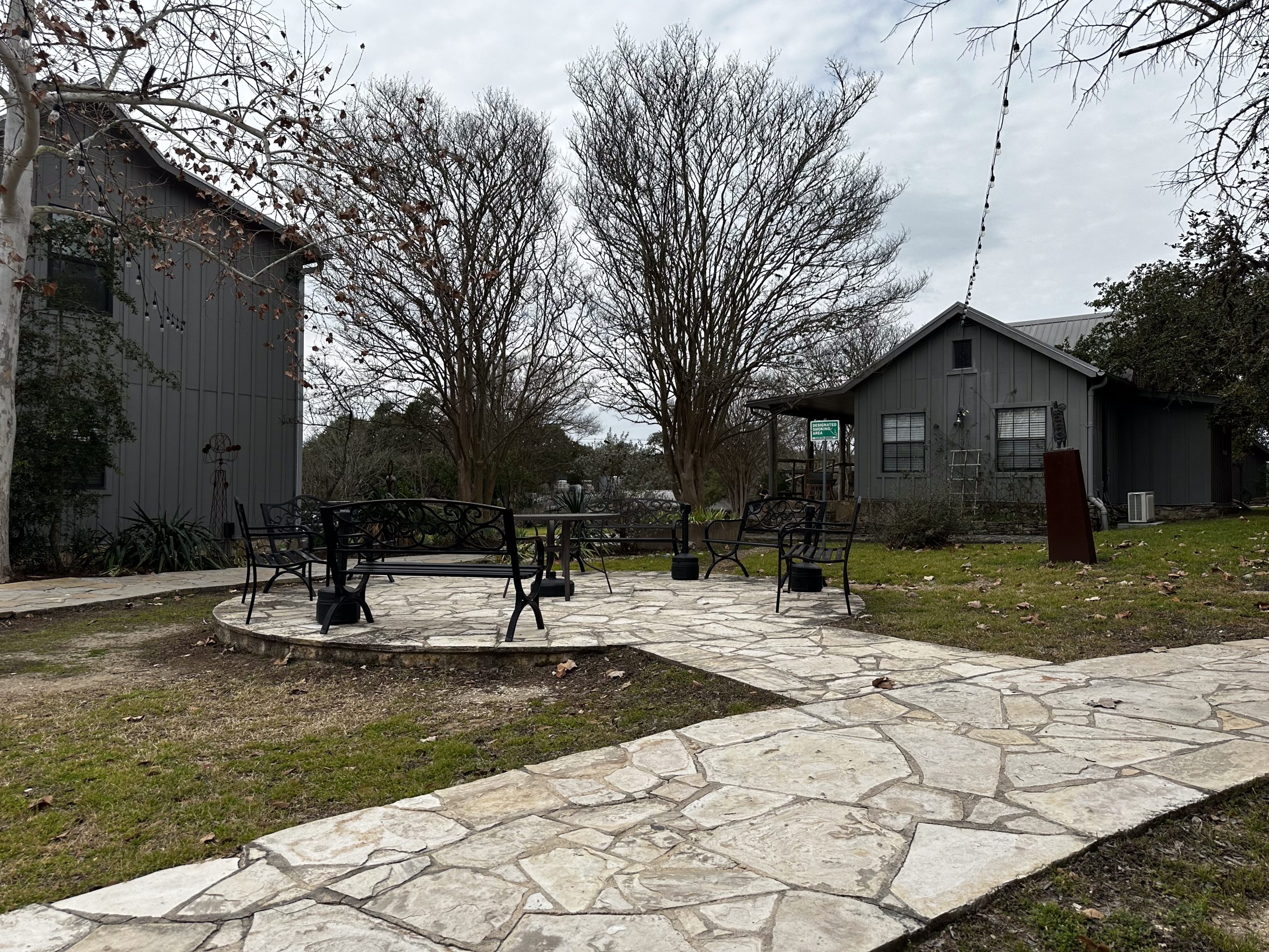

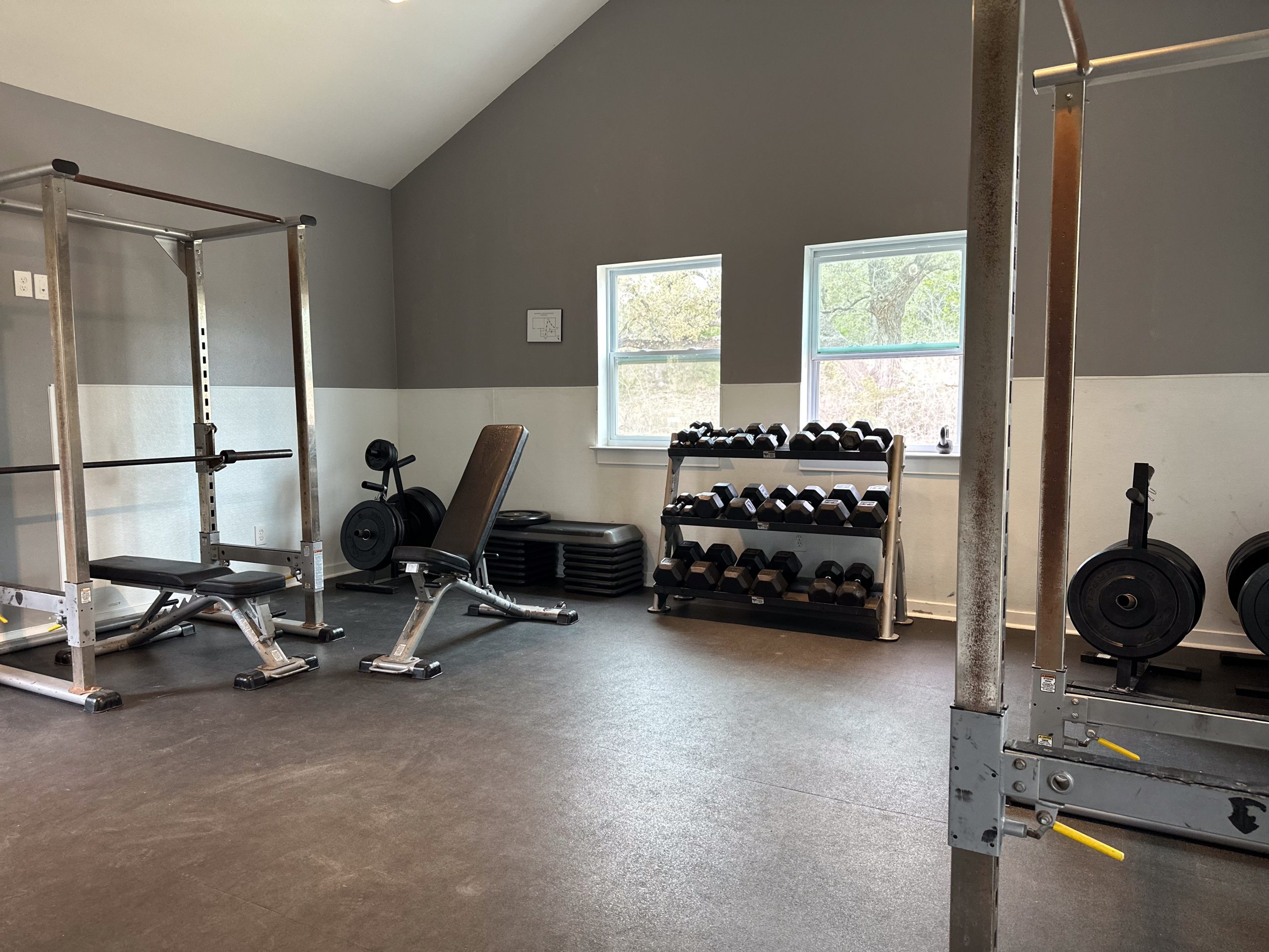
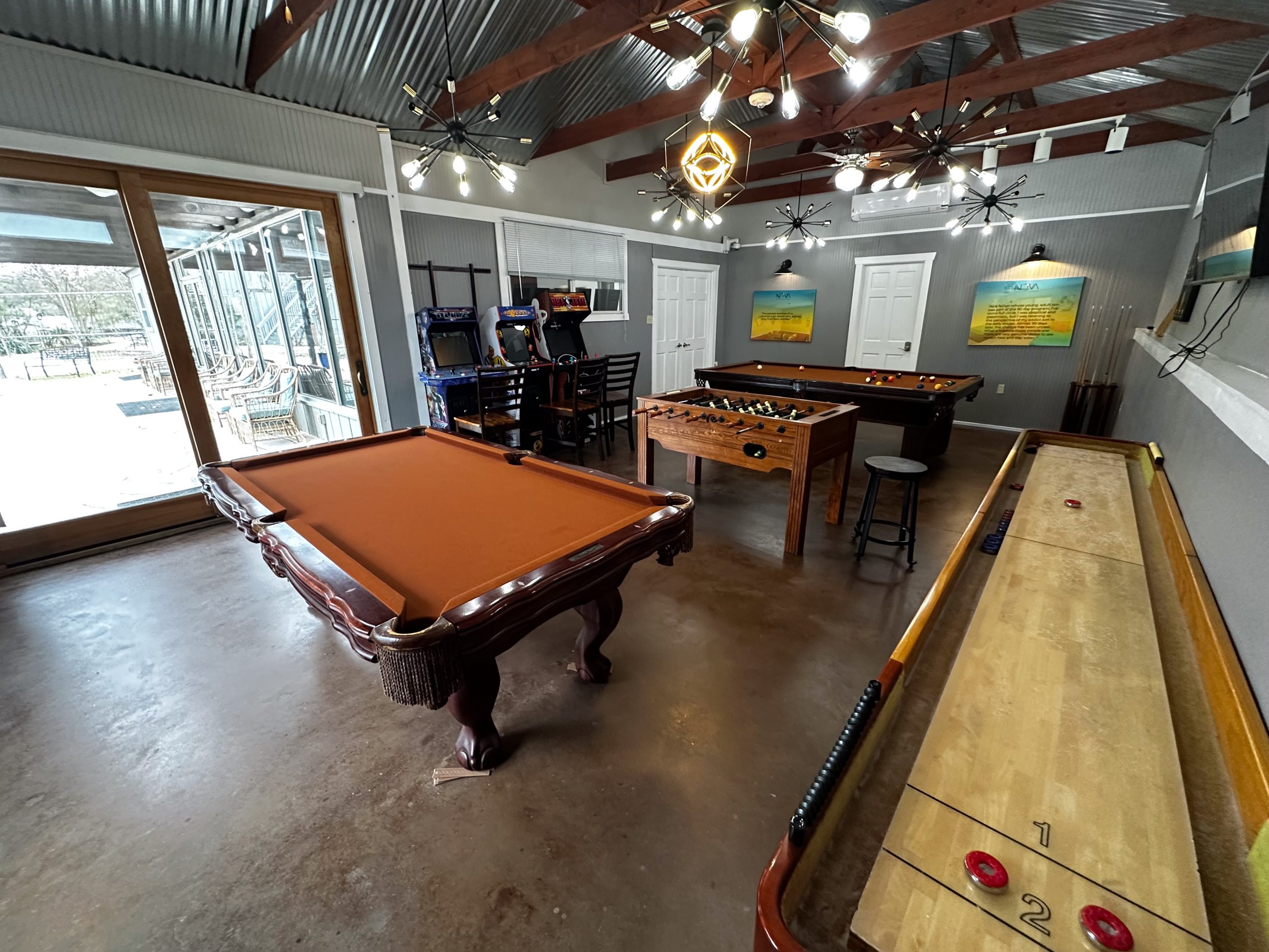
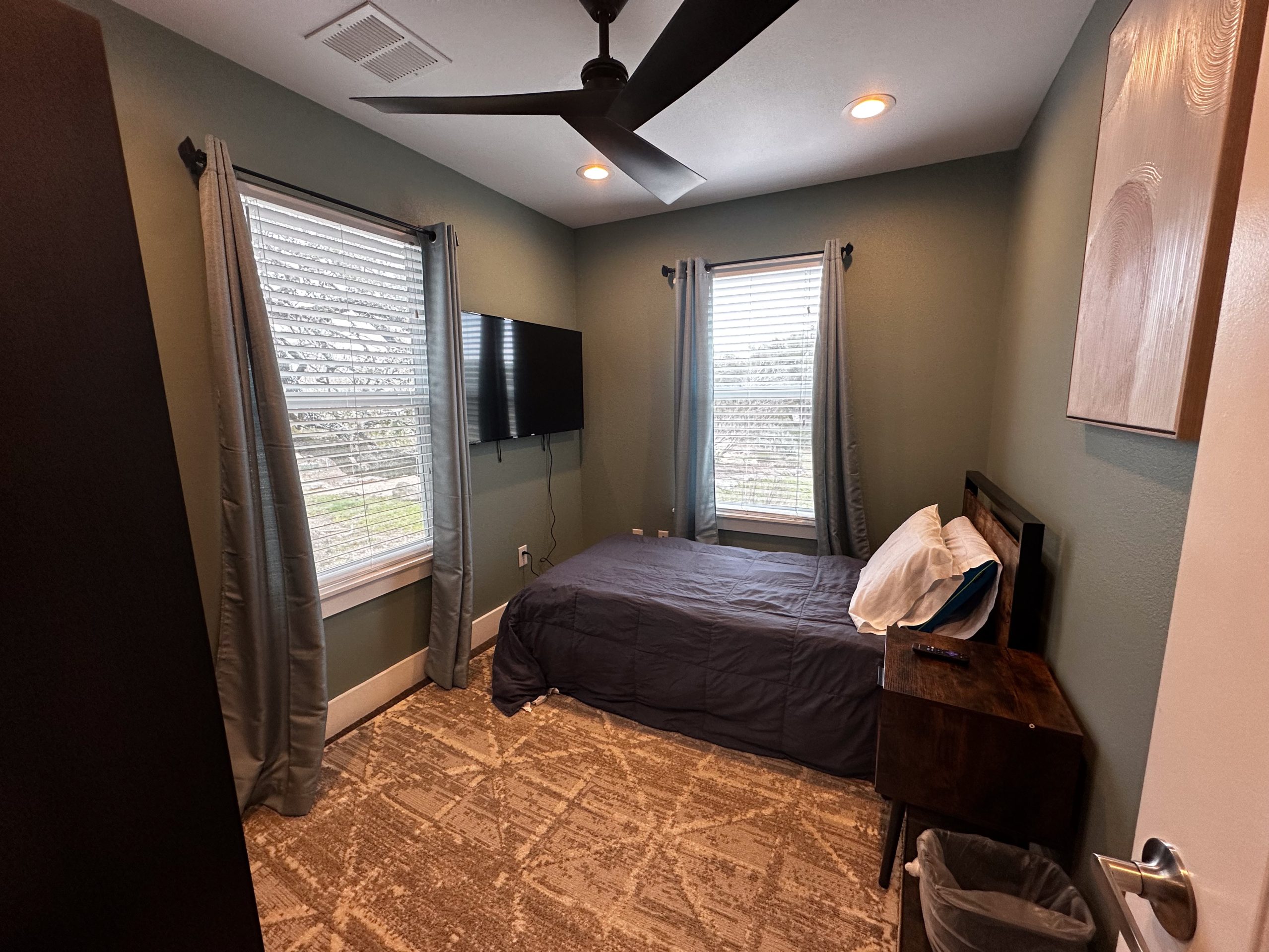
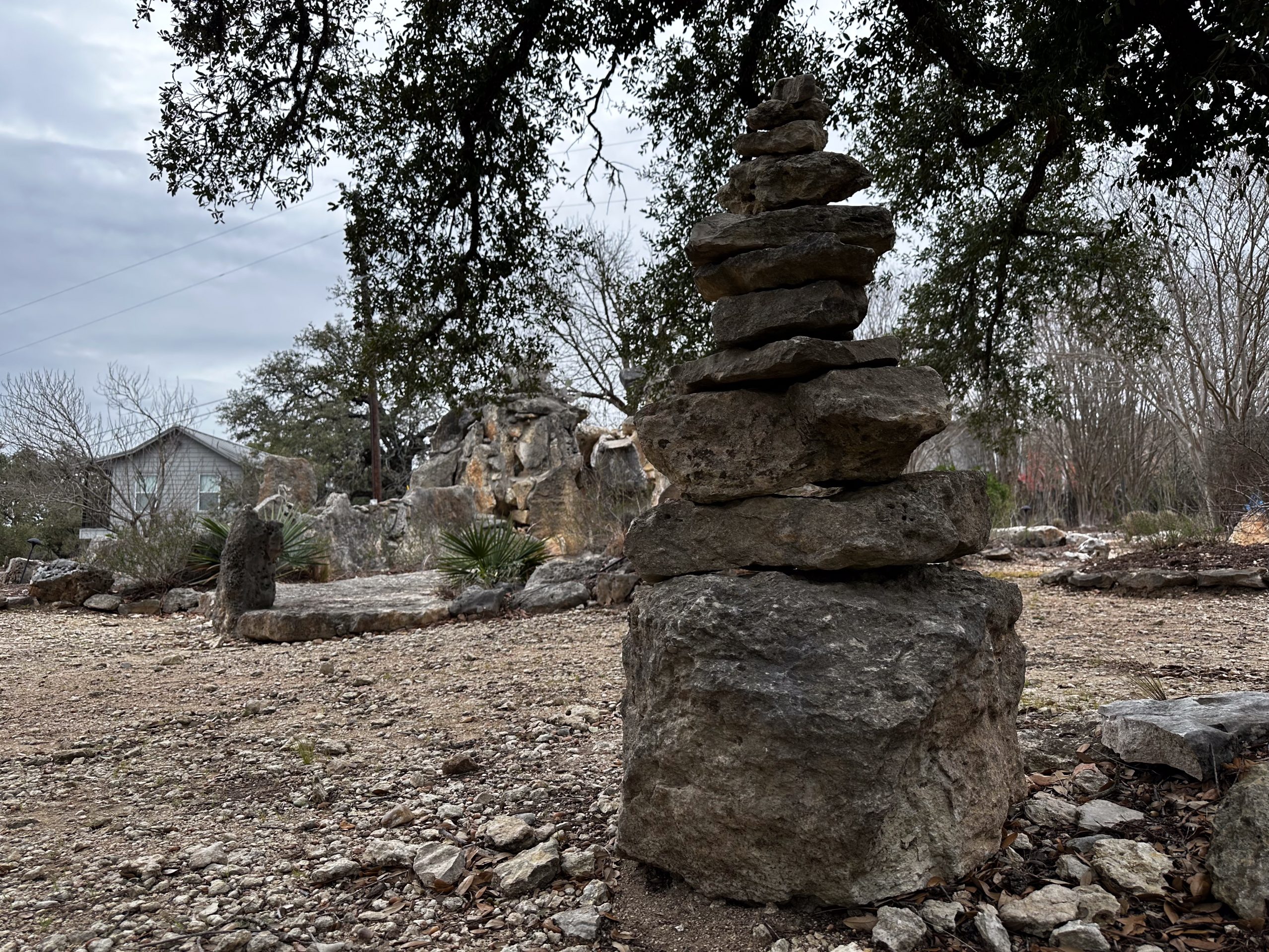
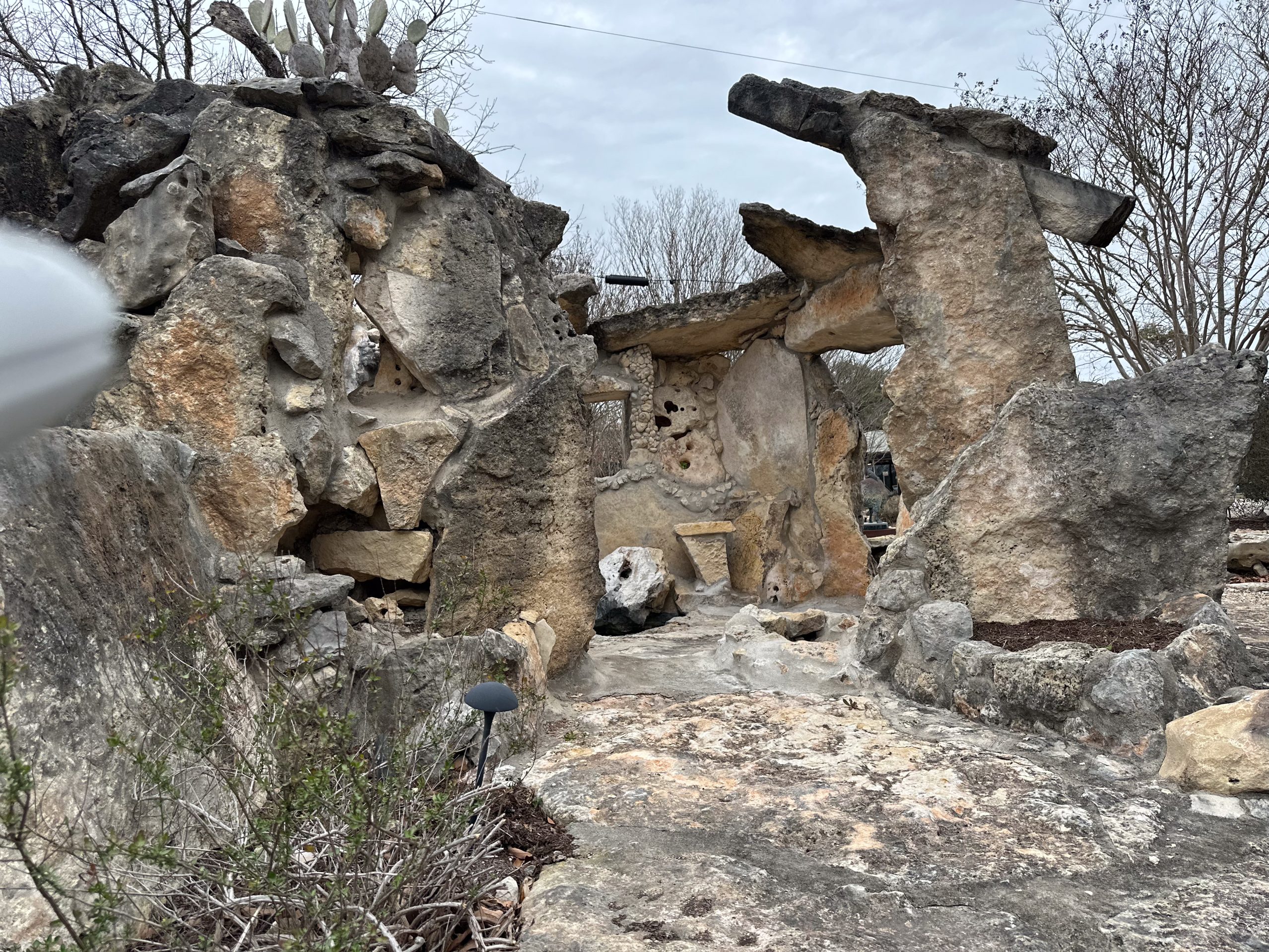
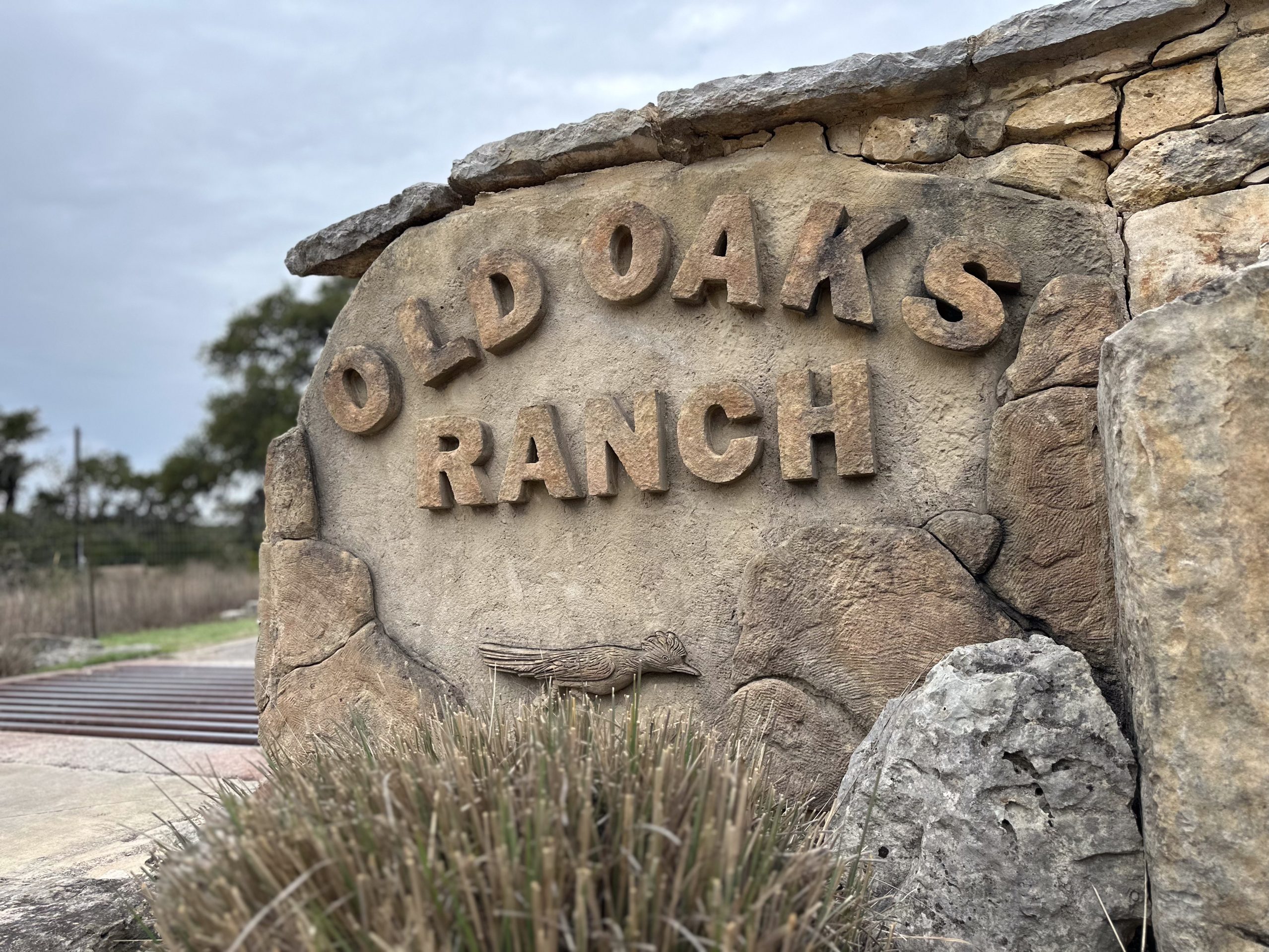

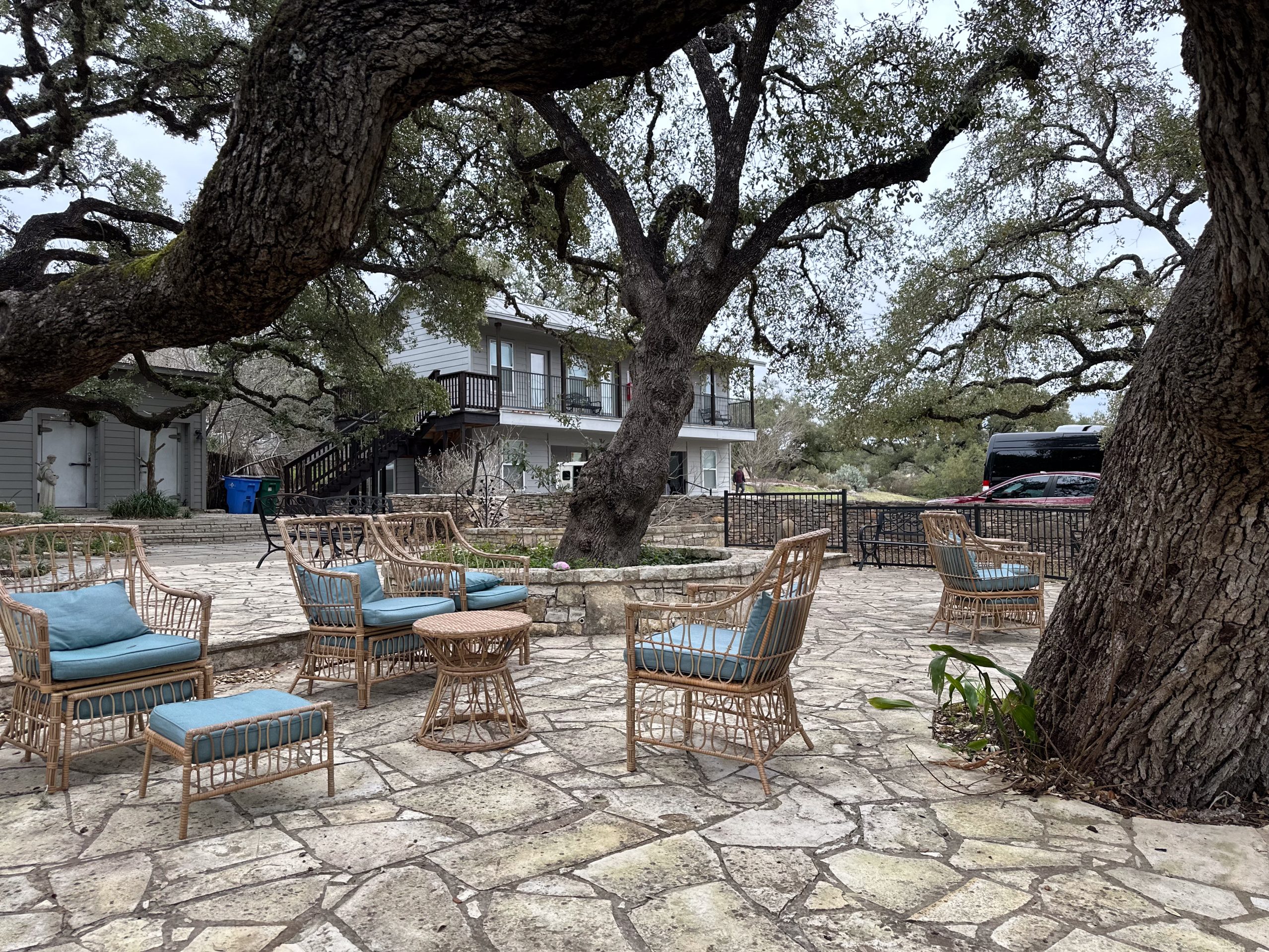
Common Street Names for PCP
Street names for PCP include:
- Angel dust
- Rocket fuel
- Killer weed
- Love boat
- Supergrass
- Ozone
- Embalming fluid
- Whacko tobacco
- Hog
- PeaCe pill
- Dust
Discover More About Sedatives and Tranquilizers
Everything You Need to Know...
How Common Is PCP Abuse?
PCP is considered one of the most dangerous drugs due to its unpredictable effects and high potential for abuse. According to the National Survey on Drug Use and Health, around 1.4 million individuals aged 12 and older in the United States used hallucinogens like PCP in 2017. Users often experience the effects of PCP within minutes when smoked, and these effects can last from four to 24 hours, depending on the method of administration.
Many people struggle with addiction unknowingly when PCP is mixed with drugs like LSD or methamphetamine. Because of the long term effects and severity of symptoms, seeking treatment for PCP addiction is essential for recovery.
Effects of PCP Abuse
Psychological Side Effects
The effects of PCP abuse vary depending on dosage and may include:
- Hallucinations (visual and auditory)
- Paranoia
- Confusion
- Anxiety
- Euphoria
- Psychosis
- Delusions of grandeur
- Disorientation
- Agitation
- Depression
- Hostile or bizarre behavior
- Panic or fear of death
Physical Side Effects
Physically, PCP use can lead to:
- Impaired motor function
- Blank staring
- Constricted pupils
- Nausea and vomiting
- Irregular heartbeat
- Convulsions
- Increased body temperature
- Salivation
- Shallow breathing
- Coma or death
Long term effects include memory loss, psychosis, speech impairment, suicidal thoughts, and cognitive damage. These outcomes highlight the importance of professional substance abuse treatment.
Symptoms of PCP Addiction
Signs of PCP abuse include:
- Isolation from family and friends
- Mood swings
- Poor hygiene
- Sleep disturbances
- Loss of interest in hobbies
- Academic or occupational issues
- Associating with new groups known to use drugs
A person addicted to PCP may attempt to stop but struggle due to dependence and cravings.
PCP Withdrawal Symptoms
When someone addicted to PCP attempts to quit, withdrawal symptoms may arise. These symptoms can be both physical and psychological and include:
- Increased body temperature
- Agitation
- Hallucinations
- Memory loss
- Seizures
- Cognitive issues
- Weight loss
- Muscle twitching
- Depression
- Speech problems
The pcp withdrawal symptoms vary depending on duration and intensity of use. Detox can be life threatening without proper medical care.
PCP Detox and Withdrawal Management
PCP detox should always be completed through a medically assisted detox program. Medical supervision ensures the process is safe, comfortable, and reduces the risk of relapse. These detox programs are staffed by trained professionals who monitor symptoms and provide treatment plans based on the patient’s health.
A person’s withdrawal timeline will vary depending on:
- Duration and dosage of use
- Polydrug abuse (using PCP with other drugs or alcohol)
- Mental and physical health
- Genetic predisposition
- Pre-existing health problems
During detox, the treatment center will assess the client’s needs and develop an individualized plan.
More Time. More Joy. More You. Start Now.
WE ACCEPT MOST INSURANCES







Treatment for PCP Addiction
PCP addiction is classified as a mental health condition and a substance use disorder (SUD). A comprehensive pcp addiction treatment program must address physical, emotional, and behavioral health.
Inpatient Drug Rehab
Inpatient drug rehab is ideal for individuals with severe addictions. Clients live at the facility and receive 24/7 medical care. This level of care is beneficial for those who need structure and distance from daily triggers.
Outpatient Drug Rehab
Outpatient rehab programs allow clients to live at home or in sober living homes. These programs offer flexibility, allowing individuals to attend treatment while maintaining responsibilities like work or school. Outpatient care is suitable for mild to moderate cases.
Both types of programs offer behavioral health services, group therapy, cognitive behavioral therapy (CBT), and support groups. These evidence-based therapies are vital components of any long-term addiction treatment strategy.
Key Components of PCP Treatment Programs
A successful program offers:
- Individual and group therapy
- Family counseling
- Peer recovery support
- Chemical dependency education
- Relapse prevention strategies
- Recovery process planning
Many rehab centers also integrate family members into therapy to repair damaged relationships and create a support system.
Long-Term Recovery Options
Addiction is a chronic disease. Achieving long term recovery requires consistent effort and extended care. After inpatient or outpatient treatment, continuing care is vital to avoid relapse.
Sober Living Programs
Sober living programs offer structured environments where clients transition from rehab to independent life. These programs may include:
- Drug testing
- Employment support
- Family and friends counseling
- Peer accountability
- Support group participation
Each sober living home has unique features, but all are designed to enhance the quality of life in recovery.
Aftercare and Relapse Prevention
Aftercare programs provide ongoing therapy, support groups, and goal-setting tools. Regular check-ins and therapeutic support reduce the chances of relapse and ensure that clients feel supported even after leaving a structured setting.
Freedom Starts Here. Take Back Your Life Today.
Same-Day Admissions in Austin Available.
Choosing the Right Treatment Option
Selecting the appropriate treatment option depends on several factors:
- Severity of addiction
- Co-occurring mental illness
- Financial resources and insurance plans
- Living environment and family support
A healthcare professional can help guide you through the decision-making process. Programs offer different levels of care to ensure the right fit for each individual.
Paying for PCP Rehab
Treatment costs vary depending on location, services, and amenities. Most treatment centers accept health insurance, including employer-sponsored and private insurance plans. Additional options include:
- Employee assistance programs (EAPs)
- Personal loans from family or friends
- Medical credit cards
- Financing through treatment centers
- Crowdfunding campaigns
- Health savings accounts (HSAs)
Affording treatment shouldn’t prevent anyone from seeking help. Many facilities work with patients to find financial solutions.
Why Seeking Treatment Matters
Without intervention, PCP addiction increases the risk of accidents, mental health disorders, and medical emergencies. The combination of drugs or alcohol with PCP further increases risk and complications.
Behavioral therapies like CBT help individuals identify harmful thought patterns and replace them with healthier coping mechanisms. Treatment plans that incorporate medically supervised detox, therapeutic services, and peer support are safe and effective.
Recovery is not just about abstaining from substances. It’s about improving the overall quality of life, repairing relationships, and building a strong foundation for the future.
Final Note
If you or a loved one is a family member struggling with PCP abuse, help is available. Many treatment facilities in the United States specialize in PCP treatment, providing safe, structured environments that support healing. Seeking treatment is the first step toward breaking the cycle of addiction and reclaiming your life.
Call Nova Recovery Center today to learn more about pcp addiction treatment options, outpatient rehab programs, and support services that can help you achieve lasting recovery.
PCP Addiction FAQs: Risks, Effects, and Recovery Insights
What is the PCP medical term?
PCP stands for phencyclidine, a dissociative hallucinogen that was originally developed as an anesthetic. It is now a Schedule II controlled substance due to its high potential for abuse and dangerous psychological effects.
What drug is similar to PCP?
Drugs with similar effects to PCP include ketamine and dextromethorphan (DXM). These substances are also dissociative hallucinogens that can cause altered perception, detachment, and hallucinations.
What drugs test positive for PCP?
Urine drug screens for PCP can sometimes cross-react with other medications, including dextromethorphan, tramadol, venlafaxine, and diphenhydramine. However, confirmatory tests are required to verify true PCP use.
What are the negatives of PCP?
PCP can cause severe physical and psychological harm, including hallucinations, paranoia, violent behavior, seizures, coma, and even death. Long-term use may result in persistent memory loss, speech difficulties, and depression.
Is angel dust a real thing?
Yes. “Angel dust” is a street name for PCP. It is often sold in powder form and may be smoked, snorted, injected, or ingested.
What is another word for angel dust?
Common slang terms for PCP include rocket fuel, killer weed, ozone, whacko tobacco, love boat, and peace pill.
What is the mechanism of action of phencyclidine?
Phencyclidine blocks NMDA receptors in the brain, disrupting normal communication between neurons. This leads to its dissociative effects, hallucinations, and altered sense of reality.
What is a dissociative hallucinogen?
A dissociative hallucinogen is a drug that distorts perception and causes users to feel detached from themselves and their surroundings. PCP is one of the most powerful substances in this category.
What are dissociative hallucinations?
These hallucinations create a sense of detachment from reality, such as feeling like you are outside of your body or that the world around you isn’t real. PCP commonly induces these experiences.
Which drugs are examples of dissociative hallucinogens?
Besides PCP, other dissociative hallucinogens include ketamine, DXM, and nitrous oxide. Each alters sensory perception and can produce dangerous psychological effects.

